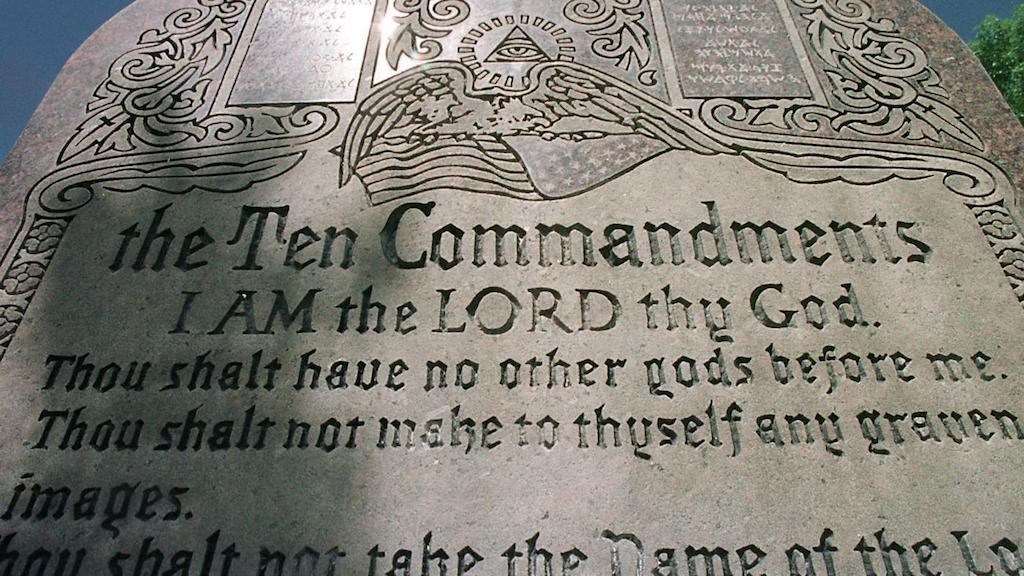Professor Lyle Smith of Biola University once said in a class that Romeo and Juliet almost get it right. Most fans or critics fall off their respective sides of blind devotion to the story or disenchanted skepticism that such love could ever even pretend to happen. I take Shakespeare as careful and sincere: the romance almost truly works, and despite the protagonists’ fall it is one of the most hopeful tragedies. The weight of Romeo and Juliet’s tragedy is predicated on the gravitas of the romance, and the one does not exist without the other. It is very difficult to get the romance and the tragedy right so that a production has serious feeling.
Login to read more
Sign in or create a free account to access Subscriber-only content.
